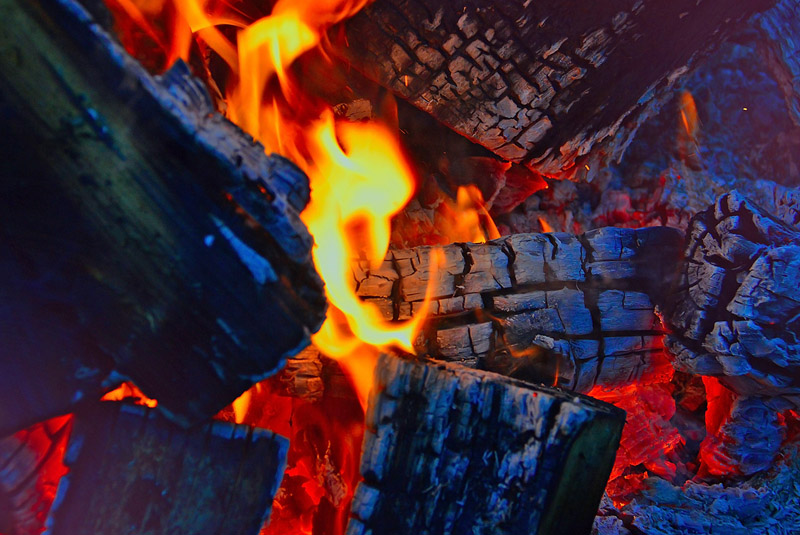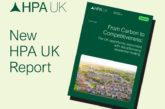
The Government’s call for evidence on the use of solid fuels for domestic heating has reignited the campaign for burning kiln dried wood: Ready to Burn. Homeowners are being urged to support the wood fuel quality assurance scheme designed to help them look after their log burners while reducing their impact on air quality.
The scheme has already received government support and has seen solid fuel industry experts come together to promote the benefits of dry wood fuel. Led by Woodsure, the UK’s only quality assurance scheme, Ready to Burn allows people to easily identify clean, quality wood fuel and make informed choices.
There are about 1.5m stoves in the UK and 170,000 are sold annually. Bruce Allen, Chairman of Woodsure, says there was a need to respond to the rising popularity of wood burners to help homeowners know which fuel to burn, for the benefit of the environment as well as their appliance.
Bruce says: “You can’t just burn any old timber. We’re keen to get one very important message out there – don’t burn wet wood! Today’s stoves are highly-engineered, efficient pieces of technology but if users still burn wet wood they’re going to get a lot of harmful smoke and not a lot else in terms of heat efficiency. You’re essentially burning water. Not only does this have an impact on our air quality but it causes problems for the appliance and increases the build-up of soot which damages chimneys.
“Defra’s call for evidence is welcomed by the solid fuel industry which has been working together for many years to provide solutions to air quality, rather than be seen as part of the problem.”
Woodsure is working closely with two universities – Manchester and Leeds – to research the burning of different wood fuel types and particulate emissions as part of the Supergen project.
Professor Jenny Jones, School of Chemical and Process Engineering, University of Leeds says:
“For the consumer, choice of fuel is the easiest way of reducing emissions: briquettes and pellets (including pressed wood logs) burn cleaner than logs. In smokeless zones you must only burn approved fuels and many of these are manufactured to have low emissions. If logs are used, then make sure they are seasoned or kiln dried, as moisture content also affects emissions. Never use painted wood, or wood with surface preservatives as these can have harmful emissions; similarly processed wood (chipboard for example) will also burn with elevated levels of harmful emissions.”
At present, there are approximately 800 wood fuel suppliers and producers across the UK. Woodsure certifies nearly 200 depots and the list is growing.
For more information on Ready to Burn, visit: www.woodsure.co.uk
To find the Defra approved list of fuels please visit: www.smokecontrol.defra.gov.uk/fuels.php












